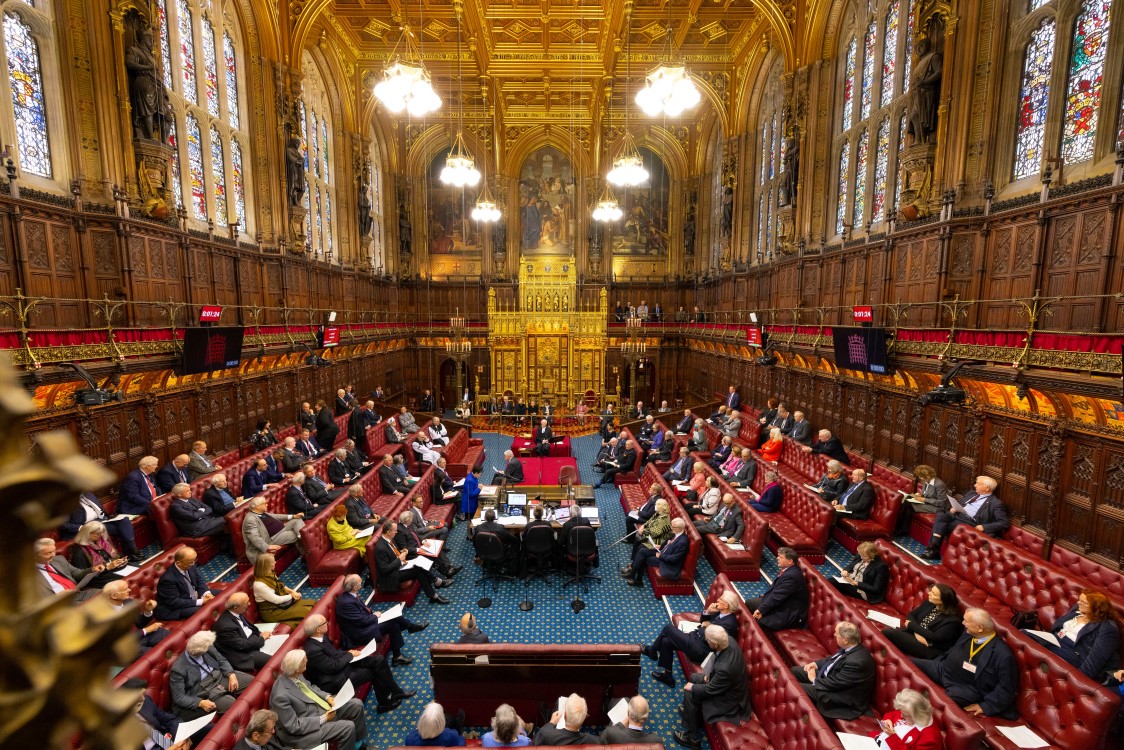
Bill to Tighten Crypto Regulations in the UK Moves to Final Stage
- The UK House of Lords believes the bill will provide authorities with extra room to tackle the use of crypto for crimes.
- Authorities in Hong Kong are increasing their scrutiny of the crypto industry following the JPEX incident.
- Thailand is extending its tax policies to cryptocurrencies.
As part of its efforts to enhance the United Kingdom’s (UK) regulatory framework for cryptocurrency, the House of Lords is moving closer to final approval of the Economic Crime and Corporate Transparency Bill. This legislation, first announced in September 2022, is set to give authorities more powers to tackle illegal crypto activities.
The law, which has gone through different stages of assessment and discussion, addresses a number of financial violations connected to cryptocurrency. In addition, the bill seeks to strengthen the UK’s ability to successfully address these risks by highlighting the significance of transparency and accountability in the digital asset area.
During the bill’s review phase, the House of Lords agreed on specific amendments to clarify the purpose of the bill. These changes are intended to ensure that the core goal of the policy is to detect and combat the use of crypto for financial crimes like fraud.
Interestingly, the Economic Crime and Corporate Transparency Bill has received huge attention from lawmakers within the UK. The bill has made its way from the House of Commons to the House of Lords over the past few months.
The House of Commons will now decide whether to accept the suggested changes or make more changes as the bill moves towards its endpoint. This phase is crucial to the final adoption of the measure.
Once the bill receives approval from the House of Commons, it will move towards receiving royal assent, which is the final step towards adoption. A royal assent is the formal approval given by the UK monarch, which makes a proposed bill an official law. The process ensures that the legislation aligns with the country’s legal framework and is consistent with the government’s objectives.
Hong Kong Strengthens Crypto-Focused Policies Amid JPEX Fraud
The United Kingdom is not alone in its pursuit of regulatory measures to combat the illicit use of crypto. Countries across the globe are taking steps to address the challenges posed by digital assets, with Hong Kong and Thailand emerging as notable examples.
In reaction to the JPEX fraud case, Hong Kong regulators are set to inform investors to only use platforms approved by the appropriate authorities. There are also new regulations to ensure accountability within the crypto sector to prevent situations like JPEX from reoccurring.
Thailand Implements New Tax Rules
In a similar vein, Thailand has taken steps to tax personal income from cryptocurrency. The Asian giant plans to do this, among other things, by ensuring that everyone who stays in Thailand for more than 180 days is liable for personal income tax on their overseas assets, including cryptocurrency.
Prior to the passage of this law, only foreign income sent to Thailand in the year it was earned was taxed. According to reports, this law is scheduled to take shape on January 1, 2024.
Governments are keen to ensure that tax legislation keeps up with the pace and popularity of digital assets. Local sources claim that Thailand has focused on implementing fair and consistent tax laws across all income streams, and the decision to include cryptocurrencies reflects its recognition of the asset.
Meanwhile, there’s been a global focus on cryptocurrencies and digital assets. While cryptocurrencies offer exciting opportunities for innovation and financial inclusion, they also present unique regulatory challenges for different countries.
As countries like the UK, Hong Kong, and Thailand take steps to regulate the crypto space, there’s no doubt that the industry is undergoing a transformative phase. These changes are geared towards providing much-needed safety for the public.







